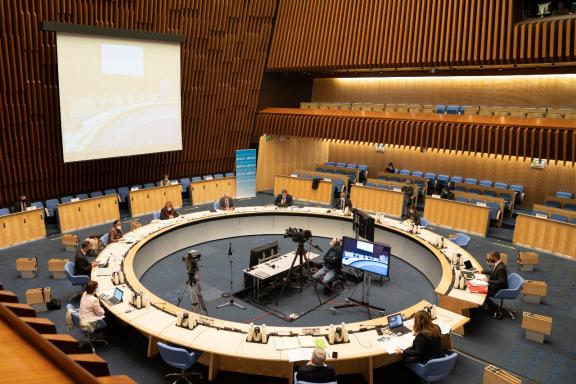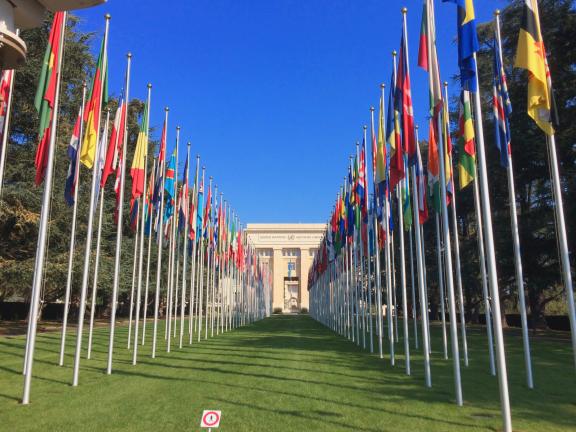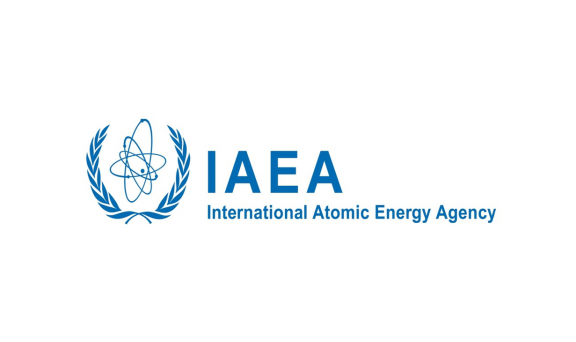United Nations agencies
Prioritizing oral heath on the global health and development agenda
World Health Organization
The World Health Organization’s (WHO) primary role is to direct and coordinate international health work within the United Nations (UN) system. Noncommunicable diseases (NCDs) are a major area of work for WHO. WHO recognizes that NCDs, including oral diseases, pose a significant health burden. WHO also acknowledges the link between oral health, general health and quality of life.
FDI has been in official relations with WHO since its founding in 1948. Our official relations status with WHO gives us the unique opportunity to attend meetings of WHO’s governing bodies – the WHO Executive Board and World Health Assembly. These serve as meaningful forums for FDI to represent the interests of our member National Dental Associations and the broader oral health community, provide input on draft documents, and influence policies on a global stage.
FDI and WHO have defined a work plan for 2018-2020; over the next three years we will work closely with WHO’s Oral Health Team to support WHO’s Global Action Plan for the Prevention and Control of NCDs 2020-2030, as well as other priority areas of health ageing, antimicrobial resistance, and universal health coverage.

World Health Organization

United Nations Environment Programme
United Nations Environment Programme
In February 2009, the Governing Council of the United Nations Environment Programme (UNEP) agreed on the need to develop a global legally binding instrument, or treaty, on mercury, to protect human health and the environment from anthropogenic emissions and releases of mercury and mercury compounds. It tasked governments to negotiate through an Intergovernmental Negotiating Committee (INC) on Mercury.
The resulting international instrument is called the Minamata Convention on Mercury. FDI was an influential player when the language of the final convention was being negotiated and pushed for a ‘phase-down’ rather than a ‘phase-out’ approach to dental amalgam.
FDI has observer status at the Conference of the Parties (COP), which is the decision-making body of the Convention. At the COP, all countries and regional economic organizations that have agreed to abide by the Convention come together to review compliance with the Convention and promote its effective implementation. FDI fully supports the Minamata Convention on Mercury, including its nine provisions on the phase down of use of dental amalgam but continues to advocate that countries and dentists must be given access to safe, effective, and affordable alternative restorative materials. This will not become a reality in many countries, particularly in resource-limited settings, without sustainable funding, a greater emphasis on prevention, increased research on amalgam alternatives, and best management practices for amalgam waste.
International Atomic Energy Agency
The International Atomic Energy Agency (IAEA) is the world's central intergovernmental forum for scientific and technical co-operation in the nuclear field. It works for the safe, secure, and peaceful uses of nuclear science and technology, contributing to international peace and security and the United Nations' Sustainable Development Goals.
FDI promotes the work of the IAEA and works with the agency to develop training and educational material to ensure radiation protection in dental radiology. X-ray examinations help dentists to diagnose, plan treatments and monitor both treatments and lesion development and are the most frequent type of radiological procedure, accounting for 21% of the total on a global scale, so it is critical that they are carried out safely.
Visit the dentistry section of the IAEA website to access all the latest information and training material on Radiation Protection in Dental Radiology.

